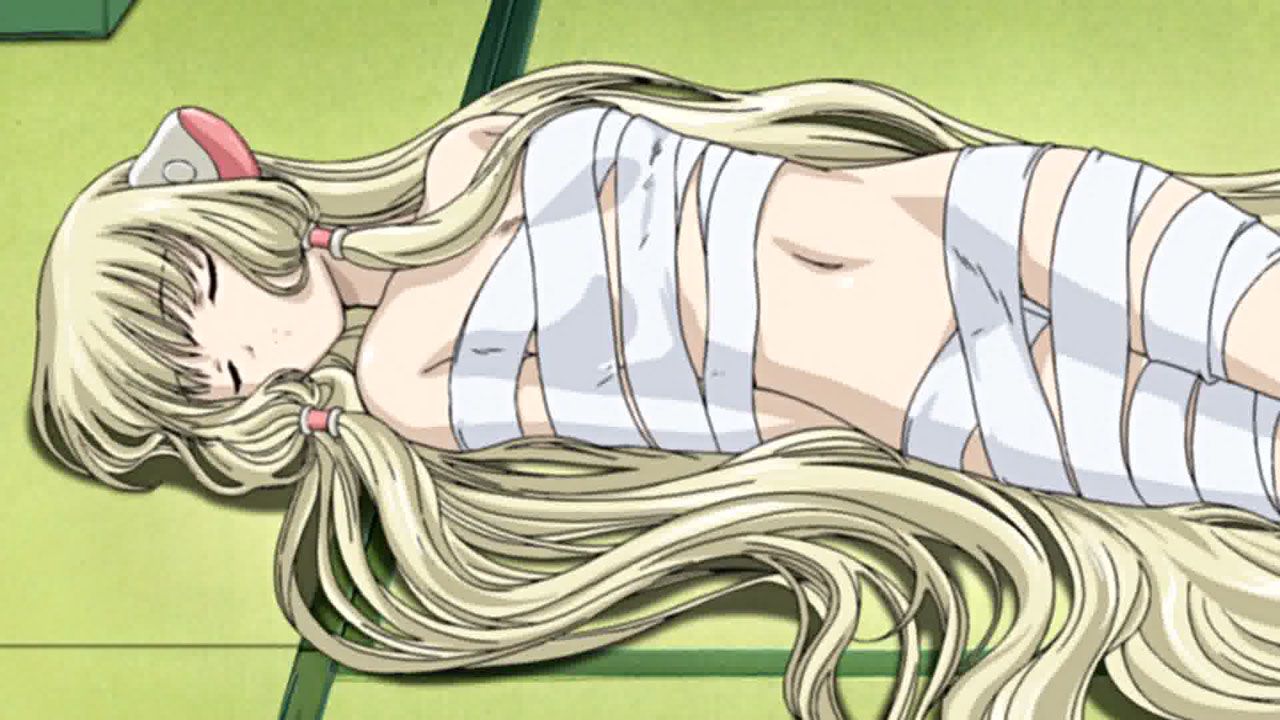The anime and manga universe may seem male-dominated from time to time, however, it is no secret that many female mangaka have a strong influence on the field as well. Names like Naoko Takeuchi (Sailor Moon), Rumiko Takahashi (Inuyasha), and Hiromu Arakawa (Fullmetal Alchemist) are just a few of the women who have introduced new perspectives to the anime community. The extraordinary series they've created have secured a solid place among the go-to series for new and old fans alike.
Among these very talented writers and illustrators, CLAMP, an all-female Japanese mangaka group formed in the mid-1980s, has stood out through the years. With series like Card Captor Sakura, xxxHOLIC, and Blood-C, they proved their worth over and over again. However, one of their other well-known stories, Chobits, has not only failed to meet the standards the aforementioned titles have set but also has generated heated discussions about the problematic representations of gender, sexuality, and the female body.
Chobits tells the story of Hideki Motosuwa, a young man who struggles to get into the university of his choice. While attending prep school to make his dream come true, he also works daily shifts at a bar to earn some money. Meanwhile, Hideki's one other dream is to own a Persocom -- computers that are personified in the bodies of conventionally attractive young women, who are not just able to search the internet but can also cook and run errands for their owners.
While one day, Hideki is on his way home, he stumbles upon an abandoned Persocom in a garbage pile. Soon enough, he finds out that this robot girl -- named Chii -- is not, in fact, an ordinary Persocom but a "Chobit" that is capable of thinking and learning on her own.
When Hideki takes Chii home, the first thing he does is look for a switch to turn the machine on. After searching for some time, he finally realizes it's located in her crotch. In the manga, it is explained that the computer has the physique of a teenage girl or young woman, created by a couple who could not have children of their own. Although Hideki seems disturbed while activating her, the series uses this as an element of comedy at the moment -- and later a vital spot for the Chobit, as it serves as a reset button. The fact that the switch is located in a sensitive area makes one think of all the possible reasons -- an obsession with virginity or creating women-like computers who are innocent and adhere to traditional gender roles may have influenced the creative decision.
Even though, at first, Chii seems like the focus of the series, as the story progresses, fans are invited into the lives of the men who own Perscoms. While in the manga, Chii has deep and meaningful discussions, the anime adaptation butchers the character by portraying her only through the male gaze as an innocent and overly-sexualized girl who cannot express herself, making her difficult to relate to. Interestingly, this docile woman-like computer is also the very same thing that makes human women feel threatened. By creating a world where men are men, but women are replaced by Persocoms -- the angel in the house -- the series gives one of the most gruesome examples of objectifying women.
The series has become widely popular amongst fans and asks important questions about the relationship between humans and inaniment objects. However, starting from the very first episode, the series cannot decide if it wants to celebrate personal growth and self-discovery or demolish the concept of agency.
Although there is a wide range of interesting female characters -- as seen in the cases of Shimizu and Yumi -- they are either jealous of or resent each other for things the patriarchy deems valuable. Still, it's important to note that CLAMP was trying to survive in a field that profits from fan service and had a predominantly male fan base.



